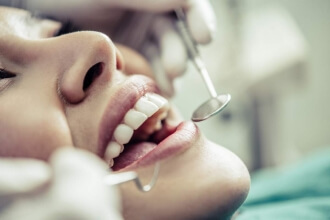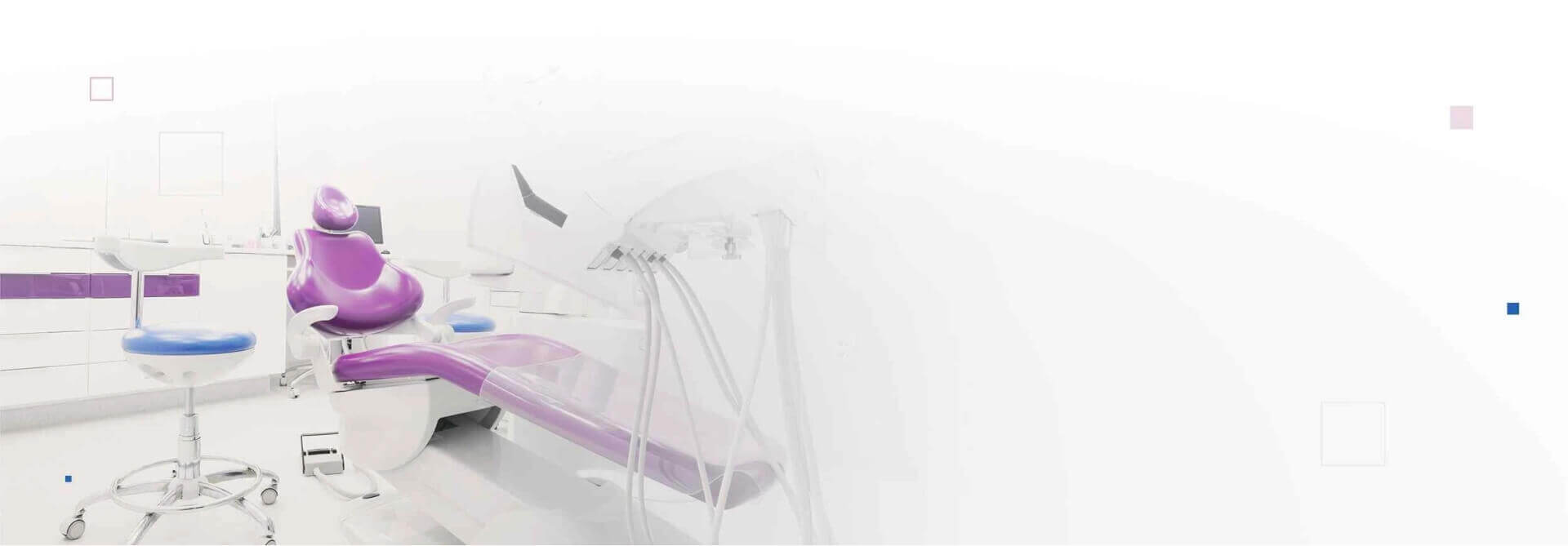
Are you dreaming of neat, healthy teeth and a radiant smile? Do you want a smile makeover but minimum invasion to your natural teeth? We are your Dental Clinic in terms of cosmetic dentistry in Turkey Istanbul

Having health issues with your teeth? Already using a denture but have complaints about them? Perfect looking new teeth, as aesthetic and functional as your own teeth, don’t have to be a dream any more.

If your gums look too much when you smile, you might have a smile called “gummy smile”. Even though your tooth size is in normal sizes, if the gum covering the tooth is excessive, it will show the length of your tooth short.

Prevention of periodontal disease is important to avoid potential tooth loss and other complications in the future. There are various risk factors that should be avoided to prevent the development of gum disease

Veneers are effective for resolving some issues including discolouration, chipped or uneven teeth.They can also be effective in closing gaps, aligning teeth and giving an overall straighter and brighter smile.

‘E-Max’ crowns are very popular amongst our patients because of their natural looking appearance. The surface of the material doesn’t allow for the accumulation of bacteria and plaque which is great for oral health.

Do you have crooked or worn-down teeth? Do your dental bridges look bad because of the material used before? We produce individualized premium zirconium crowns. Come and see us at our dental clinic in Istanbul,detailed free consulting!

Teeth whitening is a cosmetic treatment used to return teeth that have lost their whiteness to their natural and white tones. Tooth enamel is damaged as a result of improper care and factors such as excessive consumption of tea, coffee.

Get a free quote from our specialists now! Please type your name and number and you will receive an answer from our experts.
Text Us for a BIG SMILE chevron_right